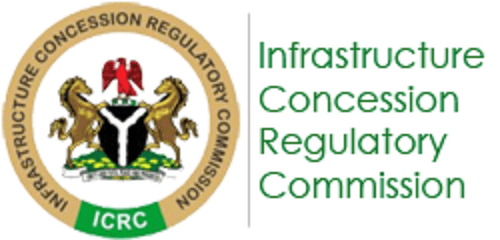ICRC, States Strategise On PPP Project Development
Barbara Bako, Abuja.
The Infrastructure Concession Regulatory Commission (ICRC) on Thursday signed an agreement with Nigerian Governors’ Forum (NGF) for Public Private Partnership (PPP) project development. The MOU was signed during a summit themed “Accelerated infrastructural transformation for sub-national governments (state and LGAs) in Nigeria – the PPP imperative” held in Abuja. According to the Acting Director General, ICRC, Engr. Chidi Izuwah, partnership between the federal and state government is very important adding such will cut government expenditure.
He urged the state government to partner with the private sector to transform infrastructure delivery as the fastest way to to accelerate economic growth in the country is by infrastructure development. Engr. Izuwah stated that the partnership with government would rapidly industrialize Nigeria and create good quality jobs in the country. During his goodwill message at the event, the Director General, NGF, Dr. Asishana Okauru said the PPP arrangement has become very attractive because of government’s depleting resources as a result of low oil revenues.
He said the World Bank’s PPI report states that Nigeria has attracted about US$10.5 bn in PPP investments in the last 18years He said “In the last live years, federation revenues to States declined from N3.1 Trillion in 2013 to N2 Trillion in 2015 and N1.6 Trillion in 2016, before recovering mildly to N21 Trillion in 2017. “According to World Bank PPI records, Nigeria has attracted about US$10.5 billion in PPP investments since 2000. “Much of these investments have been concentrated in ports infrastructure US$7.2billion, followed by Electro city (US$1.9 billion) and Natural Gas ($679 million).
However, these investments have not spread evenly across the States.” According to the Dr. Okauru, the event would provide an opportunity for States to better understand the mechanics and importance of setting up appropriate PPP systems that would create competitive business environment. “We must also be ready to learn from the implementation challenges of PPP projects in other countries,” He added.
At the local level, the DG said said that States have faced several challenges in the implementation of PPP projects, addressing these challenges would require a suite of solutions. He said although a number of States are working to establish PPPs, our records show that only 15 States have established PPP laws to guide the funding model for public infrastructure projects and only about 11 States have PPP offices.
He said this has had serious implications on the low of private capital and expertise, and the sustainability of private sector investment across States. “We recommend closer collaboration between ICRC and the PPP Network to support States in setting up PPP laws and regulatory agencies that will be responsible for overseeing PPP arrangements at the sub-national level in addition to guiding government ministries, departments and agencies (MDA) in structuring PPP transactions,” he said.



Comments are closed.